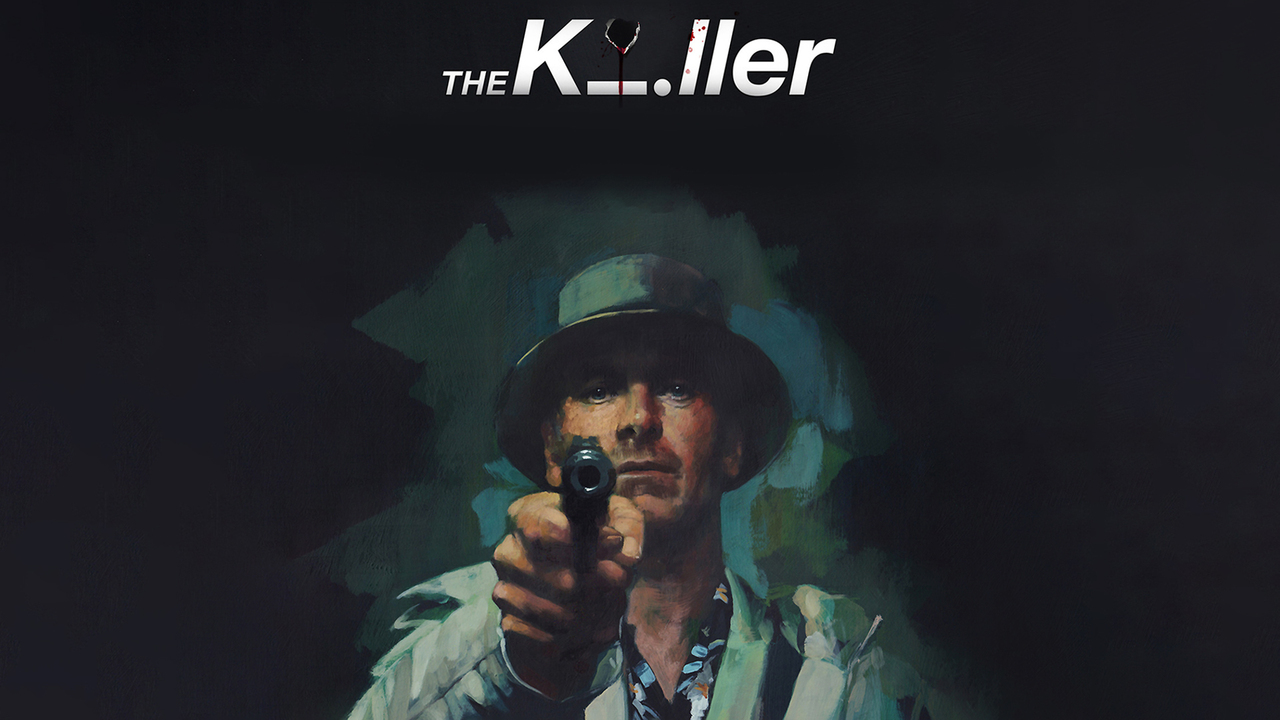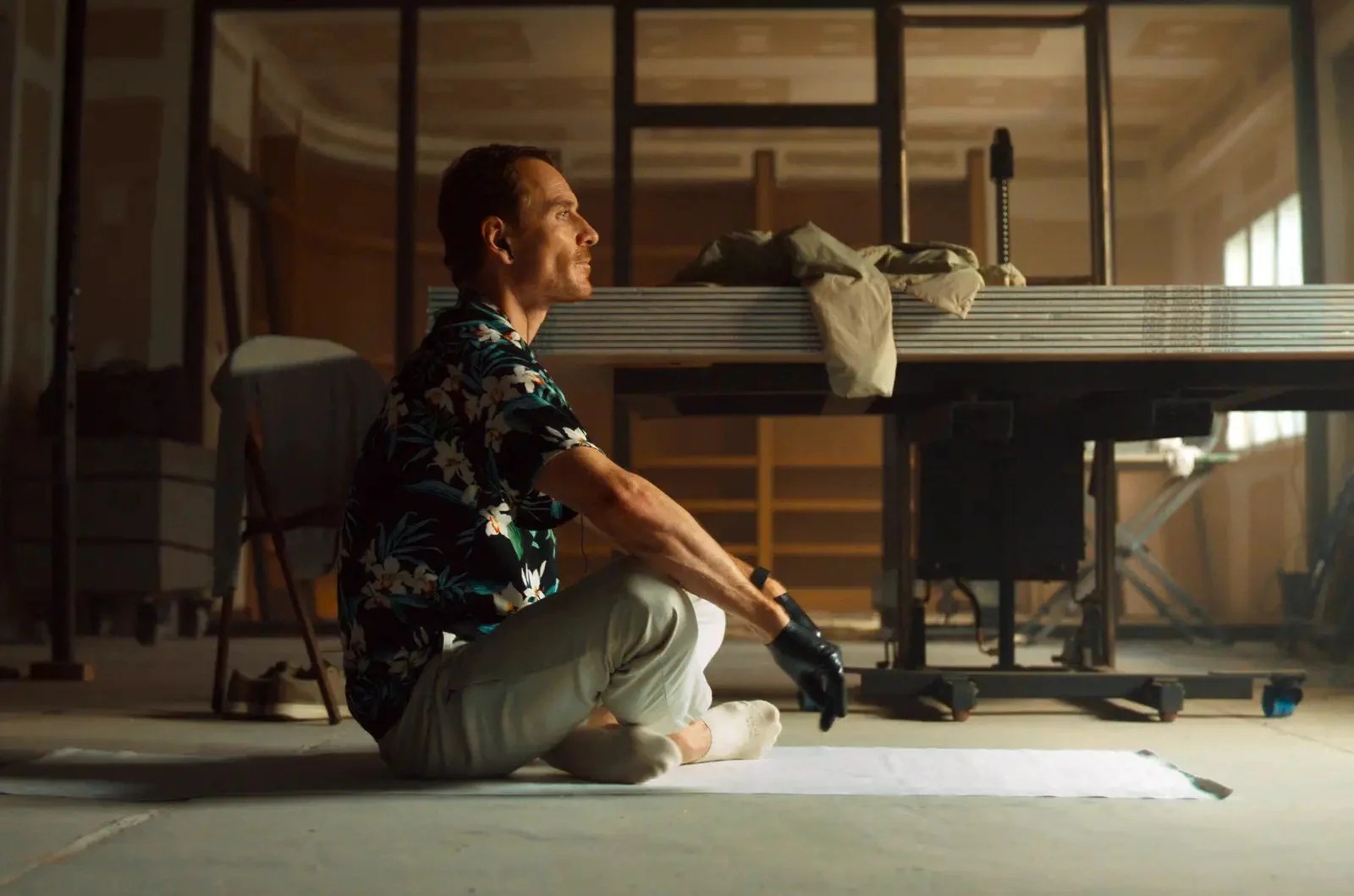The Killer (2023)

The Killer (2023), directed by David Fincher, is a gripping action-thriller that immerses audiences in the dark, morally complex world of contract killing. Adapted from the French graphic novel series The Killer by Alexis “Matz” Nolent and illustrated by Luc Jacamon, the film explores the psychological torment and meticulous precision of an assassin on the edge. With a screenplay by Andrew Kevin Walker, known for his work on Se7en and Fight Club, the film is a perfect fit for Fincher’s signature style, combining tense atmospherics, slow-burn suspense, and an intense focus on character psychology. The film examines themes of isolation, guilt, and the cost of living a life devoid of morality.
The film follows an unnamed hitman, played by Michael Fassbender, who is a professional assassin struggling with the aftermath of a botched job. In a world where precision and cold detachment are essential for survival, the Killer finds himself confronted with a series of complications that throw his previously controlled life into chaos. After a mission goes wrong, he must go on the run, evading not only the law but also a range of dangerous adversaries. As the stakes grow higher, the film becomes a tense cat-and-mouse game, where the protagonist’s survival depends on his ability to outsmart and eliminate those who seek to kill him. The plot is driven by a sense of inevitability, as the hitman grapples with his past decisions and the consequences they bring.
One of the film’s most striking elements is its deep exploration of the hitman’s psyche. Unlike many action-thriller protagonists, the Killer is not portrayed as a straightforward hero or villain, but as a deeply flawed individual struggling with his own identity and moral code. Throughout the film, the hitman’s internal monologue provides insight into his thoughts, fears, and rationalizations. He reflects on his profession, the choices he’s made, and the emotional toll it has taken on him. Fincher’s direction, combined with Fassbender’s subtle yet powerful performance, allows the audience to engage with a character who is simultaneously desensitized to violence and haunted by the moral consequences of his actions.
At its core, The Killer is a film about violence—how it shapes the lives of those who commit it, and how it ultimately consumes them. The film is stark and unflinching in its portrayal of the hitman’s work, showing both the brutal efficiency and the emotional detachment required to perform the job. Yet, as the film progresses, it becomes clear that the hitman cannot escape the consequences of his actions. Every killing, every betrayal, and every calculated move begins to unravel his already fragile mental state. The violence in The Killer is not glorified; rather, it is shown as a burden, a chain that the protagonist cannot break. This portrayal makes the film more than just a typical action thriller; it becomes a meditation on the human cost of a life spent in murder.
David Fincher’s direction is a key element in The Killer’s success. Known for his dark, atmospheric films like Zodiac, Gone Girl, and Seven, Fincher brings his signature style to this project, creating a world that feels cold, sterile, and relentlessly tense. The pacing is deliberate, and the cinematography is sharp and precise, reflecting the hitman’s own methodical nature. The film’s visual tone is one of stark contrast, with a muted color palette that emphasizes the moral ambiguity and isolation of the protagonist. Fincher’s attention to detail in every frame builds a sense of creeping dread, keeping the audience on edge throughout the film. The minimalist score, composed by Trent Reznor and Atticus Ross, further enhances the atmosphere, contributing to the film’s mood of unease and tension.

The Killer is more than just a tale of action and suspense; it also delves into deep philosophical questions about identity, morality, and the cost of one’s choices. The hitman is constantly grappling with who he is and what he has become. His profession, once a means to an end, has slowly consumed him, and he is left questioning whether redemption is possible. The film also explores the theme of moral ambiguity—whether a person can ever truly be defined by their actions, and whether it is possible to escape the consequences of a life led by violence. The Killer’s struggle with his own morality is portrayed with a sense of quiet desperation, as he finds himself unable to stop the path he’s on, even as it leads to inevitable destruction.

In conclusion, The Killer (2023) is a masterfully crafted thriller that combines Fincher’s expertise in psychological drama with intense action and suspense. Through its exploration of the hitman’s mind, the film presents a complex character study that is as thought-provoking as it is thrilling. The tension between the hitman’s cold professionalism and his internal turmoil is the heart of the film, making it far more than a typical action movie. With its stark portrayal of violence, its moral ambiguities, and its cinematic precision, The Killer is a dark and compelling addition to the genre, offering both a pulse-pounding narrative and a deep dive into the human cost of a life spent in crime.











